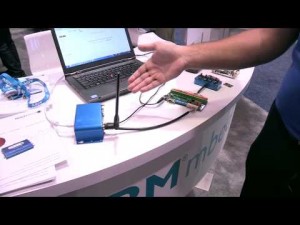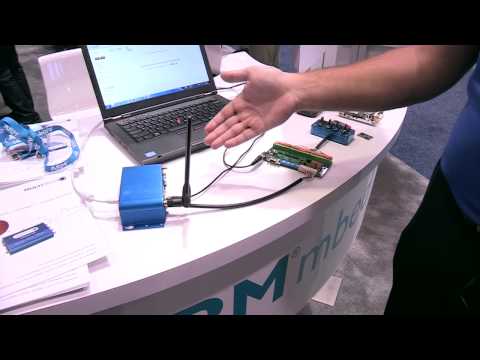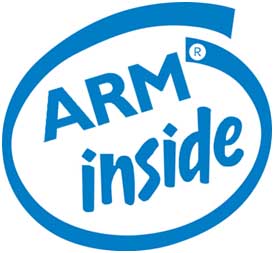With the adoption rate of the ARM® mbed® IoT Device Platform  increasing rapidly, the company has announced a new assurance standard, the ARM mbed Enabled program. The move is expected to increase the deployment rate of Internet of Things (IoT) products and supporting technologies by giving partners the ability to label them as interoperable mbed-based devices. The accreditation program will cover solutions entering a broad range of developer markets; from silicon and modules to OEM products and innovative cloud services. Accreditation will be free of charge.
increasing rapidly, the company has announced a new assurance standard, the ARM mbed Enabled program. The move is expected to increase the deployment rate of Internet of Things (IoT) products and supporting technologies by giving partners the ability to label them as interoperable mbed-based devices. The accreditation program will cover solutions entering a broad range of developer markets; from silicon and modules to OEM products and innovative cloud services. Accreditation will be free of charge.
“ARM mbed Enabled accreditation will assure the diverse IoT ecosystem that they are using technologies backed up by an expert community of innovators,” said Zach Shelby, vice president of IoT business marketing, ARM. “This will also instill confidence in end markets where interoperability, trust and security standardization is required to unlock commercial potential.”
The ARM mbed IoT Device Platform enables its community of 100,000+ developers to take products to market with speed and efficiency through an ecosystem of interoperable development platforms, components and services. The new program accreditation will qualify silicon, OEM products and cloud services as interoperable and volume production-ready.
Since the ARM mbed IoT Device Platform was announced in October 2014, the mbed Partner ecosystem has continued to grow from the initial 24 launch partners. Today, 8 new partners are being announced including Advantech, Athos, Captiva, Espotel, Maxim Integrated, MegaChips, SmeshLink, and Tieto.
Benefits of ARM mbed Enabled program accreditation:
- Greater awareness of products utilizing the mbed platform through inclusion on mbed.com
- Product-specific page on mbed.com with description, links to documentation, tutorials and marketing materials
- Clear identification as ‘mbed Enabled’ on the product, web pages and marketing collateral
- Participation in co-marketing opportunities.
ARM will begin accepting applications for ARM mbed Enabled program accreditation in June 2015. More details on the program can be found here: http://mbed.com/mbedEnabled.






